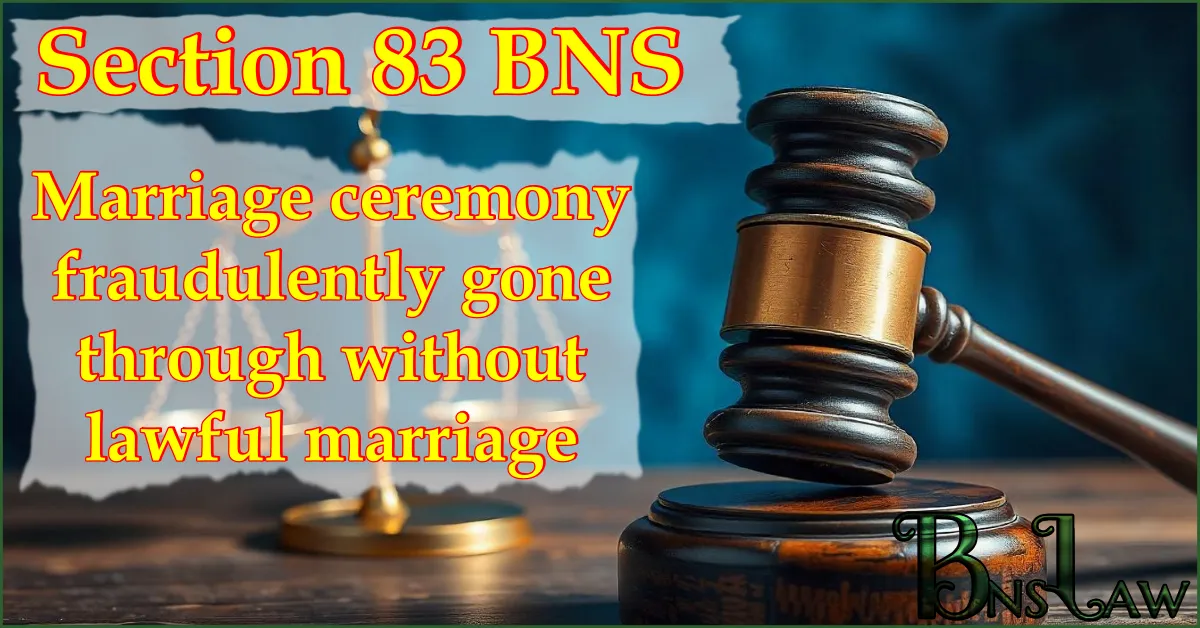Section 53 BNS | BNS 53 | BNS Section 53
When an act is abetted with the intention on the part of the abettor of causing a particular effect, and an act for which the abettor is liable in consequence of the abetment, causes a different effect from that intended by the abettor, the abettor is liable for the effect caused, in the same manner and to the same extent as if he had abetted the act with the intention of causing that effect, provided he knew that the act abetted was likely to cause that effect.
Illustration
A instigates B to cause grievous hurt to Z. B, in consequence of the instigation, causes grievous hurt to Z. Z dies in consequence. Here, if A knew that the grievous hurt abetted was likely to cause death, A is liable to be punished with the punishment provided for murder.
READ OTHER SECTIONS OF CHAPTER IV — OF ABETMENT, CRIMINAL CONSPIRACY AND ATTEMPT
FAQs of BNS Section 53
-
53 BNS punishment and fine
Punishment and fine under Section 53 of the BNS: Same as for offence
committed. -
53 BNS cognizable or not
According as offence abetted is cognizable or non-cognizable.
-
53 BNS bailable or not
According as offence abetted is bailable or non-bailable.
-
53 BNS trial court
Court by which offence abetted is triable.
Important Points
- Cognizable Offences: These are offences where a police officer can arrest a person without a warrant.
- Non-Cognizable Offences: These are offences where a police officer cannot arrest a person without a warrant.
- Bailable Offences: These are offences where the accused can get bail from the police station itself. All bailable offences are listed in the First Schedule of the Bharatiya Nagarik Suraksha Sanhita (BNSS).
- Non-Bailable Offences: Offences in which bail is not granted directly from the police station but after hearing the case in the court, the judge decides when bail will be granted. All non-bailable offences are listed in the first schedule of the Bharatiya Nagarik Suraksha Sanhita (BNSS).
- In the above FAQ, “trial court” means the court that has jurisdiction to try the offence.
- In the above FAQ, the expression “Magistrate of the first class” and “Any Magistrate” does not include Executive Magistrates.
Read other Sections of the BNS
Reference Link: New Criminal Laws (BNS), Ministry of Home Affairs







